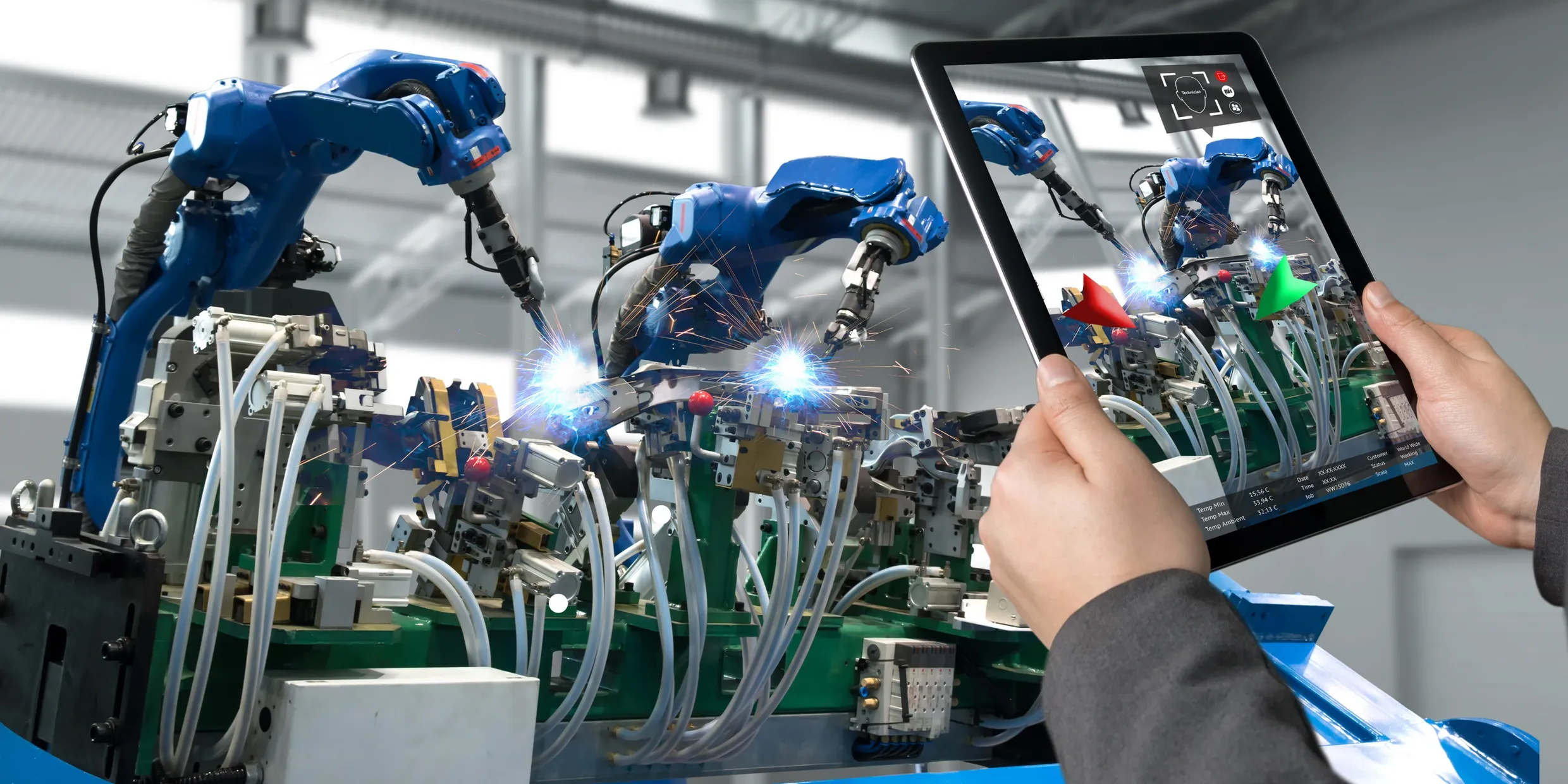Manufacturing Services

The manufacturing industry is the sector of the economy concerned with the transformation of raw materials into finished goods. It is a vital component of any economy, and its development is often used as a measure of a country’s economic prosperity.
- Aerospace: This industry designs, develops, manufactures, and maintains aircraft and spacecraft.
- Automotive: This industry designs, develops, manufactures, and sells motor vehicles, including cars, trucks, buses, and motorcycles.
- Chemicals: This industry produces industrial and consumer chemicals, including paints, plastics, pharmaceuticals, and fertilizers.
- Electronics: This industry designs, develops, and manufactures electronic devices, such as computers, televisions, smartphones, and appliances.
- Food and beverage: This industry processes, packages, and distributes food and beverage products.
- Machinery: This industry manufactures machines used in other industries, such as machine tools, construction equipment, and agricultural equipment.
- Metals: This industry mines, processes, and manufactures metal products, such as steel, aluminum, and copper.
- Petroleum: This industry explores for, extracts, refines, transports, and markets petroleum products, such as gasoline, diesel fuel, and heating oil.
- Pharmaceuticals: This industry discovers, develops, manufactures, and markets drugs and other pharmaceutical products.
- Textiles: This industry produces yarn, cloth, and other textile products.
Trends in Manufacturing Industry
The manufacturing industry has undergone significant changes in recent years, due to factors such as globalization, automation, and technological innovation. Globalization has led to the increased outsourcing of manufacturing jobs to countries with lower labor costs. Automation has led to the increased use of robots and other machines in the manufacturing process, which has reduced the need for human labor. Technological innovation has led to the development of new materials, processes, and products.
These changes have had a significant impact on the workforce in the manufacturing industry. Many manufacturing jobs have been lost to outsourcing and automation. However, there has also been a demand for skilled workers who can operate and maintain complex machinery and develop new technologies.
The future of the manufacturing industry is uncertain. However, it is clear that the industry will continue to play an important role in the global economy. Manufacturers will need to adapt to changing conditions in order to remain competitive. This will require them to invest in new technologies, develop new products, and find ways to reduce costs.

